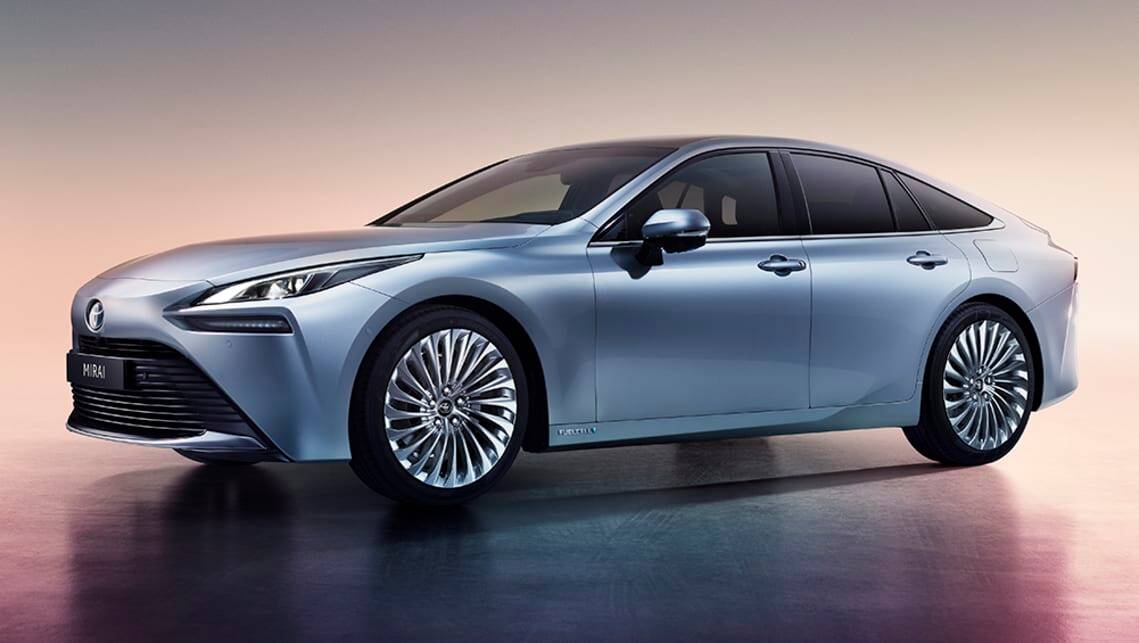
Lexus GS to be replaced by new Toyota Mirai-based hydrogen fuel-cell electric car: report
- Lexus GS
- Lexus News
- Lexus Sedan Range
- Sedan
- Electric Cars
- Lexus
- Industry news
- Showroom News
- Electric Cars

The Lexus GS will not see another generation, at least in its current internal-combustion form, with a new report claiming the Japanese premium brand’s next rear-wheel-drive large sedan will be very different under the metal.
Referencing a leak from a recent Lexus dealer conference, Allcarnews reports the current GS will eventually be replaced by a Lexus version of mainstream sibling Toyota’s new Mirai hydrogen fuel-cell electric vehicle (FCEV).
Given the drastic shift in powertrain technology, it remains to be seen whether or not Lexus sticks with the GS nameplate, although it would be surprising if it did given most carmakers prefer new nomenclature for their ground-breaking models.
Either way, the latest FCEV is expected to share its powertrain and related components with the Mirai, which has three hydrogen tanks that provide about 650km of driving range – a 30 per cent improvement over the original model. Its electric motor’s outputs are unknown.
Debuting as a production model at the Brussels motor show in January, the Mirai made the switch from front- to rear-wheel drive in second-generation form thanks to a new platform that makes it longer (4968mm), wider (1892mm) and lower (1369mm) than before.
Curiously, the Mirai’s new exterior styling is rather Lexus-like, at least at the front end, while its driver-focused cabin is headlined by a pair of 12.3-inch displays, with the central one powered by multimedia system, while the other is the digital instrument cluster.
The latest Mirai is set to launch late this year in Japan, North America and Europe, and as reported by CarsGuide, an Australian debut is dependent on how advanced the hydrogen refuelling infrastructure Down Under becomes. A similar story for the Lexus version is likely.








Comments